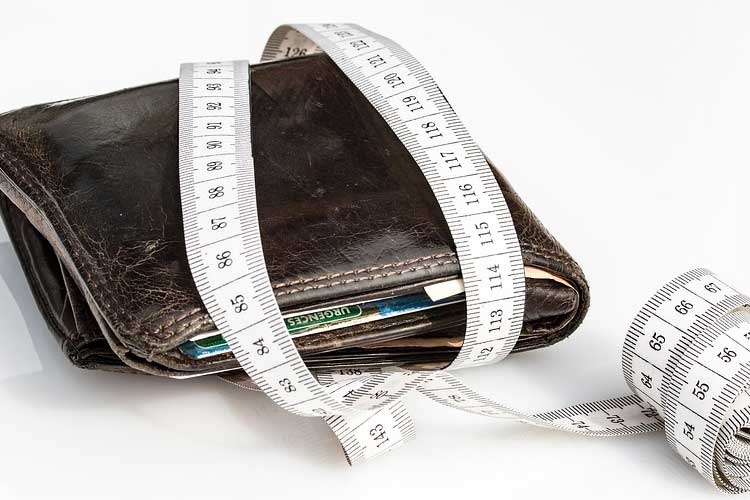Chapter 7 bankruptcy provides several options for dealing with secured debts and the items of property that serve as collateral for those debts. If you don’t take steps to keep the property, you may lose it during the bankruptcy. To start, learn about secured debts — what they are, your obligations for payment of those debts, and what happens to the property securing the debt in bankruptcy. Then read about your options for surrending or keeping the property. The articles discuss the advantages and disadvantages or each option, when you can use them, and when it would be a good or bad idea to employ the various options. Secured debts are treated differently in Chapter 7 bankruptcy than other kinds of debts. Although the secured debt itself may be discharged in bankruptcy (and usually is), the creditor may still have a right to take the property back if you default on the payments. Your options for dealing with secured debts in Chapter 7 bankruptcy depend on whether or not you are current on your payments. Almost without exception, if you are making payments on property, you have agreed that the property will serve as collateral for repayment of the debt. This means that if you default on your payments, the creditor can repossess the property, sell it, and obtain a court judgment against you for the difference between what you owe and what the property sold for. In bankruptcy, debts secured by collateral are called “secured debts.” You have personal liability for a secured debt just as you would for any other debt. This is what obligates you to pay the debt to the creditor. Chapter 7 bankruptcy wipes out this personal liability if the debt is otherwise dischargeable. Once your personal liability is eliminated, the creditor cannot sue you to collect the debt. The second part of a secured debt is the creditor’s legal claim (lien or security interest) on the property that serves as collateral for the debt. The lien gives the creditor the right to repossess the property or force its sale if you do not pay the debt. Liens are not affected by the bankruptcy discharge. In other words, by failing to remain current on payments, you can lose the property, even if the debt itself is discharged. Surrender the property and discharge the underlying debt (that is, you can walk away from the contract free and clear). Keep the property by reaffirming the debt (assuming your equity is protected by an applicable exemption), or keep the property by redeeming it (assuming your equity is protected by an applicable exemption). ou have equity in property serving as collateral if it could be sold for more than you owe. For instance, if you owe $3,000 on a car loan and the car could be sold for $6,000, you have $3,000 worth of equity. This equity is part of your bankruptcy estate, which means the trustee can take it unless it’s protected by an exemption. In this example, if you have $3,000 equity in your car and the exemptions available to you allow only $1,000 for motor vehicles, the trustee could sell the car, pay your secured creditor the $3,000 you still owe, give you your $1,000 exemption in cash, and distribute the remaining $2,000 (less costs of sale and the trustee’s commission) to your unsecured creditors. Debtors frequently owe more on a secured loan than the property securing the debt is worth—which by definition means they have no equity in the property. Typically, the interest that is charged on a secured loan often makes your total payment much higher than it would be if you had paid cash for the property. Also, even though the value of the property decreases (depreciates) over time, your loan and accompanying interest is based on the value of the property when you bought it. If you have no equity in the property, or if your equity is fully protected by an available exemption, the trustee will have no interest in the property. You can either surrender it to the secured creditor or, if you want to hold on to the property, redeem it or reaffirm the loan. If you’re behind on your payments to a secured creditor and don’t have the wherewithal to get current, Chapter 7 bankruptcy probably won’t prevent the creditor from repossessing the property. While your bankruptcy filing will initially stop any repossession activity, the creditor can ask the court to lift the automatic stay. If you are behind on your payments, most courts will lift the stay in order to let the creditor proceed with repossession. If you want to keep the property, you’ll need to reinstate the loan outside of bankruptcy, by making up the missed payments (and fees associated with the default) and by resuming your regular payments. If your lender has already accelerated the loan (declared the entire balance due) and won’t let you reinstate it, you can file for Chapter 13 bankruptcy. You can make up the missed payments in your plan as long as you also make the regular payments called for under your original agreement. Also, in Chapter 13, you may be able to reduce the total amount of your payments to the property’s actual value.
Please visit our website for more information about us and bankruptcy. Call us today at (713) 974-1151 to schedule a no-obligation consultation or feel free to email us at [email protected]
[paypal-donation]













